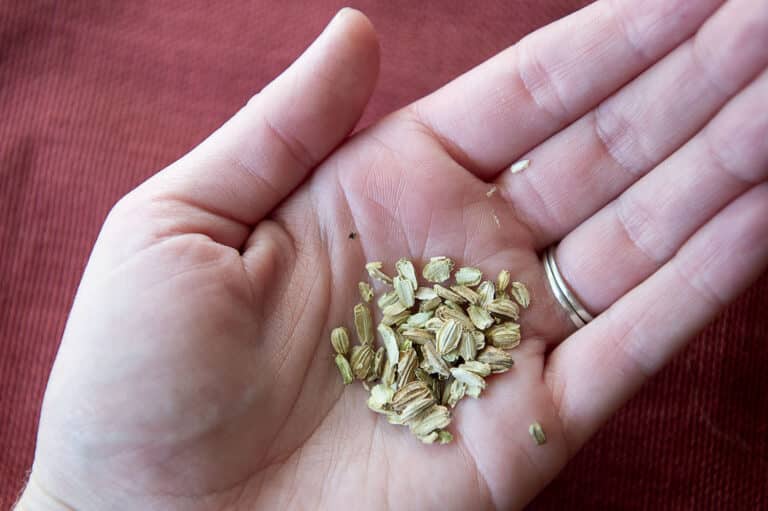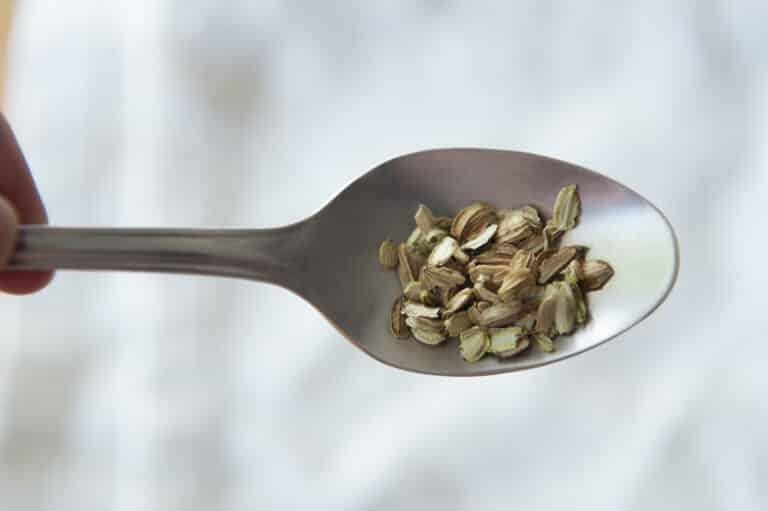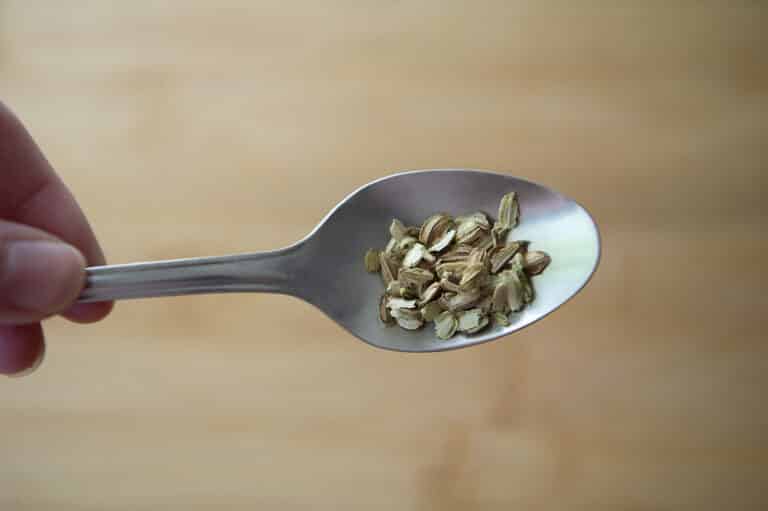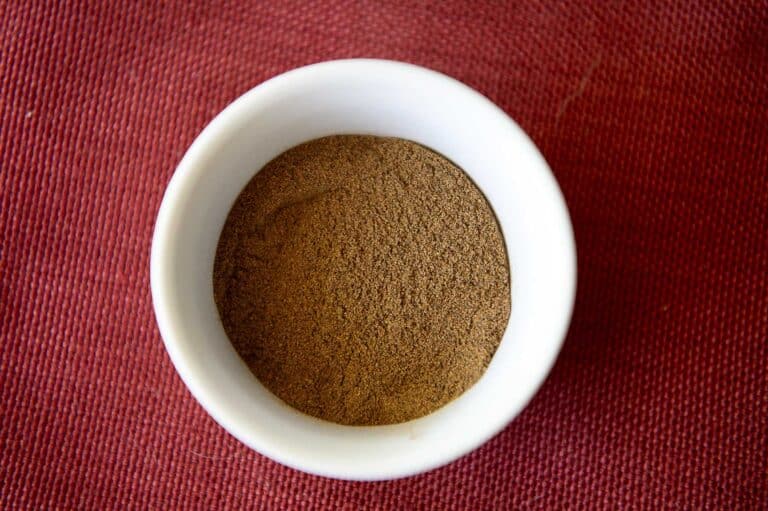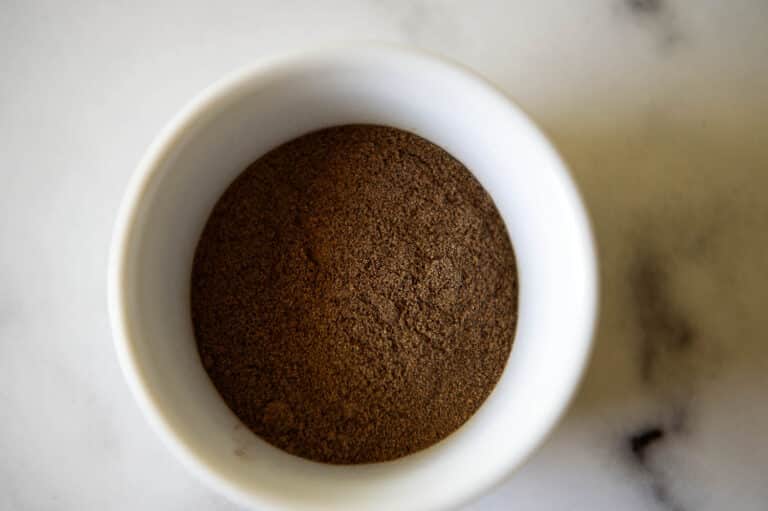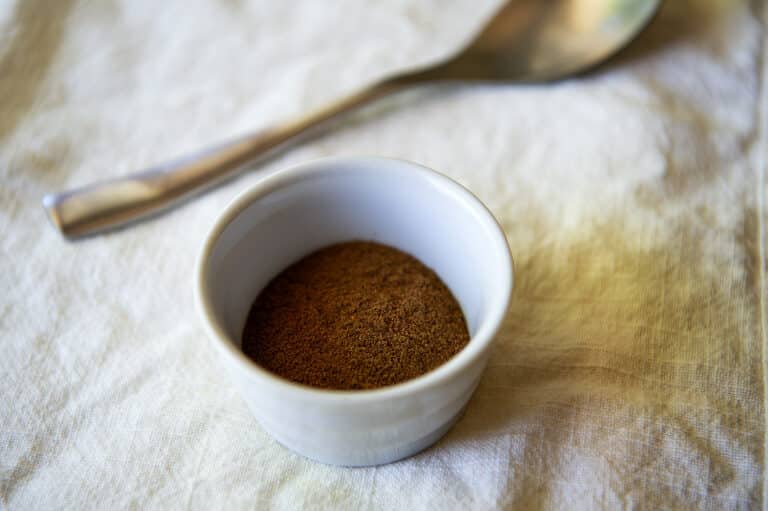What Is Angelica Archangelica Used For?
Angelica archangelica, commonly known as garden angelica, is a biennial herb belonging to the Apiaceae family. This plant has a long history of use in traditional medicine, culinary applications, and even spiritual practices.
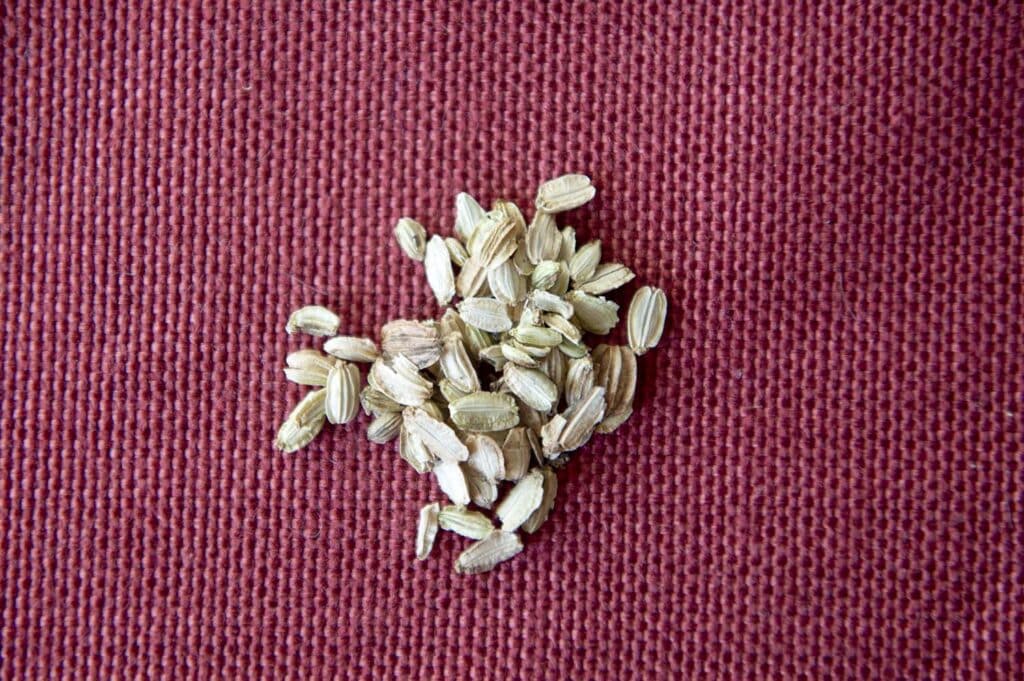
Medicinal Uses
Angelica archangelica has been used in traditional medicine for centuries. It is believed to offer several health benefits due to its diverse range of bioactive compounds. Some of its medicinal uses include:
- Digestive Aid: Angelica is commonly used to relieve digestive issues such as indigestion, bloating, and gas. It stimulates the production of digestive juices and helps in the smooth functioning of the digestive system.
- Respiratory Health: The herb is used to treat respiratory conditions like bronchitis, coughs, and colds. It acts as an expectorant, helping to clear mucus from the respiratory tract.
- Anti-Inflammatory Properties: Angelica has anti-inflammatory effects and can be used to alleviate conditions like arthritis and other inflammatory disorders.
- Menstrual Health: It is sometimes used to regulate menstrual cycles and ease menstrual cramps due to its antispasmodic properties.
- Stress and Anxiety: Angelica is believed to have calming effects and can be used to reduce stress and anxiety.
Culinary Uses
Angelica archangelica is also valued for its culinary applications. Various parts of the plant, including the stems, leaves, seeds, and roots, are used in cooking and food preparation:
- Candied Angelica: The stems of the angelica plant are often candied and used as a decorative and flavorful addition to cakes, pastries, and desserts.
- Flavoring Agent: Angelica seeds and roots are used to flavor liqueurs such as gin, chartreuse, and Benedictine. They impart a unique, slightly sweet and aromatic flavor.
- Herbal Teas: The leaves and roots can be used to make herbal teas that offer both flavor and potential health benefits.
- Culinary Herb: Fresh leaves can be used as a seasoning in salads, soups, and stews, adding a distinctive, slightly sweet, and aromatic flavor.
Spiritual and Ritual Uses
Historically, Angelica archangelica has been used in various spiritual and ritual practices:
- Protective Charm: In folklore, angelica was believed to have protective properties against evil spirits and witchcraft. It was often used in protective amulets and charms.
- Purification: The plant was used in purification rituals and ceremonies. It was believed to purify spaces and individuals, warding off negative energies.
- Symbol of Healing: Due to its numerous medicinal properties, angelica was often associated with healing and was used in rituals aimed at promoting health and well-being.
How to Use Angelica Archangelica
When using angelica, it’s important to know how to prepare and use different parts of the plant safely:
- Stems: Can be candied or used fresh in salads and as garnishes.
- Leaves: Fresh leaves can be used in salads, soups, and as a seasoning.
- Roots: Dried or fresh roots can be used to make teas, tinctures, and extracts.
- Seeds: Can be used as a spice or flavoring agent in cooking and liqueurs.
Safety and Precautions
While Angelica archangelica has many beneficial uses, it’s important to use it with caution:
- Consult with a Healthcare Provider: Before using angelica for medicinal purposes, consult with a healthcare provider, especially if you are pregnant, nursing, or have any pre-existing health conditions.
- Allergic Reactions: Some individuals may be allergic to angelica. If you experience any adverse reactions, discontinue use immediately.
- Photosensitivity: Angelica can increase sensitivity to sunlight, so it’s advisable to avoid prolonged sun exposure when using this herb.
Angelica archangelica is a versatile herb with a rich history of use in medicine, cooking, and spiritual practices. Its various parts offer numerous benefits, from aiding digestion and respiratory health to adding unique flavors to culinary creations. However, it should be used responsibly and with proper knowledge to avoid any potential side effects.

